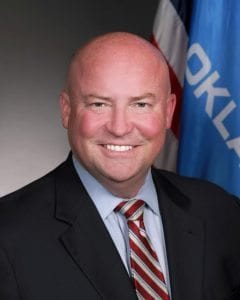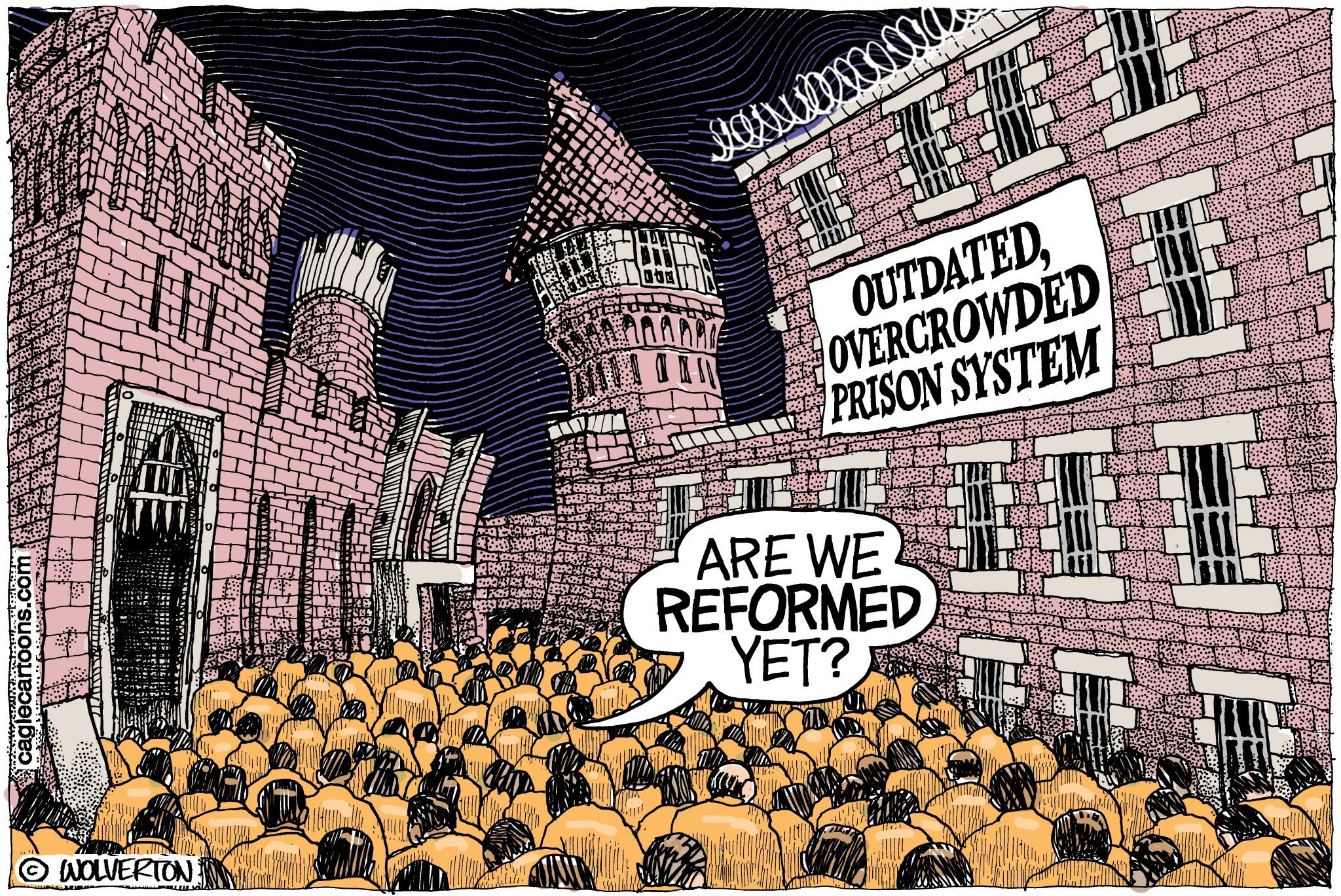BY JOE DORMAN
 For years, bipartisan consensus has been brewing around the notion that Oklahoma locks up too many non-violent offenders. The cost of that over-incarceration has been borne by taxpayers, who are on the hook for the state’s prison costs, and families, whose homes are left broken when one parent [or both] winds up in prison for crimes often related to addiction or mental health problems.
For years, bipartisan consensus has been brewing around the notion that Oklahoma locks up too many non-violent offenders. The cost of that over-incarceration has been borne by taxpayers, who are on the hook for the state’s prison costs, and families, whose homes are left broken when one parent [or both] winds up in prison for crimes often related to addiction or mental health problems.
More and more Oklahomans are now calling for criminal justice reform that emphasizes rehabilitation and treatment over lengthy prison sentences for non-violent offenders. Unfortunately, many of those reforms have hit a wall in the state Legislature. Oftentimes, that wall has been the chair of the Criminal Justice and Corrections Committee, Rep. Scott Biggs.
More than a dozen potential laws were filed earlier this year that moved smoothly through the legislative process until Biggs exercised his authority as committee chair and refused to allow them to be heard. Biggs’ actions essentially slammed the breaks on most of the state’s meaningful justice reform measures. Their derailment came despite the fact the overall criminal justice reform package had wide-ranging support from Gov. Mary Fallin, her predecessor Gov. Brad Henry, a broad coalition of leaders in the business community, family oriented non-profits like OICA, and the director of the state’s prison system, Joe Allbaugh.
Recently, Biggs resigned his position in the Legislature to accept an appointment with the U.S. Department of Agriculture. OICA wishes him well with this new endeavor. We also hope that House Speaker Charles McCall capitalizes on a golden opportunity to push forward important justice reforms that have thus far been delayed or upended.
It sometimes seems like Republicans and Democrats cannot agree on anything, which makes it even more startling when an issue like criminal justice reform has such widespread bipartisan support. The reason for this consensus is simple: Oklahoma’s incarceration rates have created a crisis that most people cannot deny or ignore.
Oklahoma incarcerates more women than any other state per capita [in a country that holds the top mark for female incarceration in the developed world].
Equally startling is that one in 10 Oklahoma kids has a parent who at some point has served time in prison. That perpetuates a cycle, as kids with incarcerated parents are six times more likely to go to prison themselves when they reach adulthood.
The effect on children is why criminal justice reform was a central topic at last week’s annual KIDS COUNT forum hosted by OICA. Most of our attendees are advocates or child welfare professionals who see firsthand the benefits of keeping families together – by using alternative sentencing, counseling and prevention programs – instead of locking up moms and dads for long periods of time and leaving a child in a broken home.
The timing of Biggs’ resignation represents a perfect opportunity for a fresh start in the discussion on criminal justice reform. Oklahoma is ripe for reform and the recent passage of SQs 780 and 781 [focusing on drug-related sentencing reform and counseling] demonstrate that most Oklahomans are tired of a system that perpetuates poverty and incarceration at great cost to taxpayers.
Whoever Speaker McCall appoints to replace Biggs as chair of the Criminal Justice and Reform Committee will determine whether criminal justice reform will move forward or be given a death sentence in the House of Representatives. OICA hopes the appointment will be someone who can build a consensus around common sense reforms that help improve opportunities for Oklahoma families. We will be ready to assist that person and the rest of the Legislature in whatever capacity we can to promote policies that benefit Oklahoma children and families.
– Former state Rep. Joe Dorman is CEO of the Oklahoma Institute for Child Advocacy







